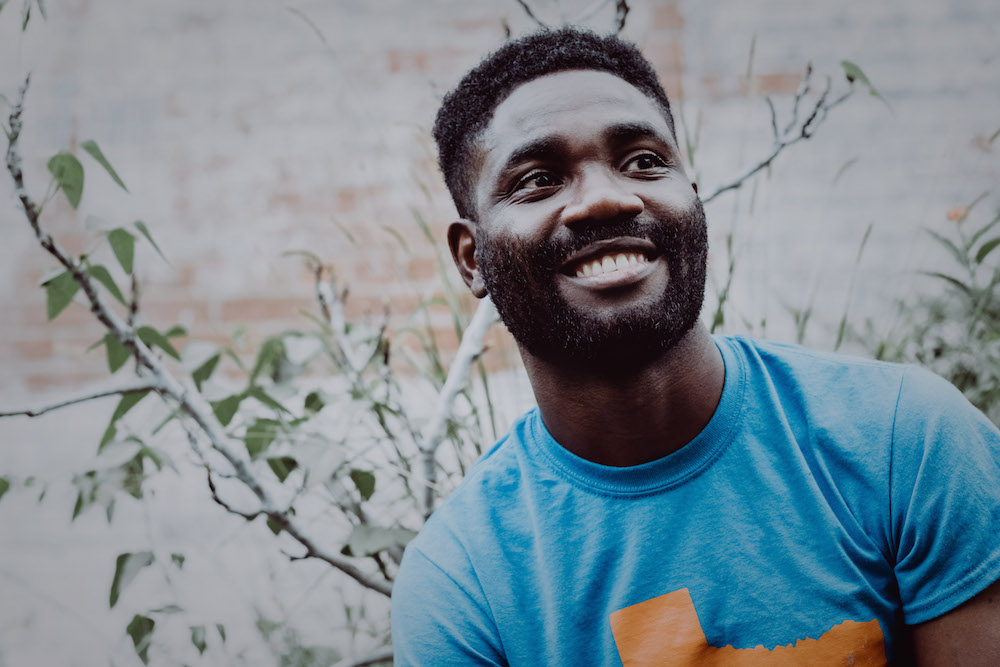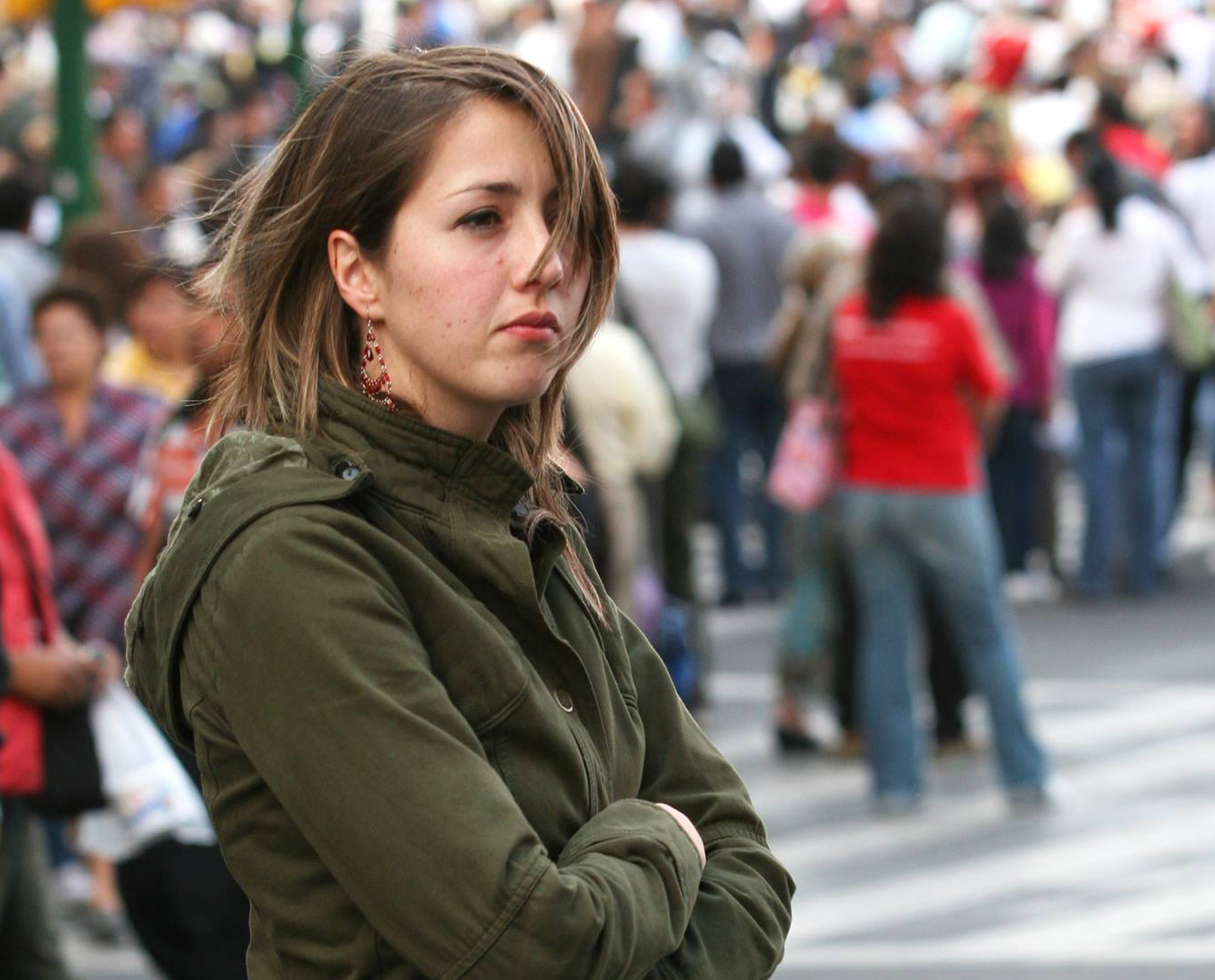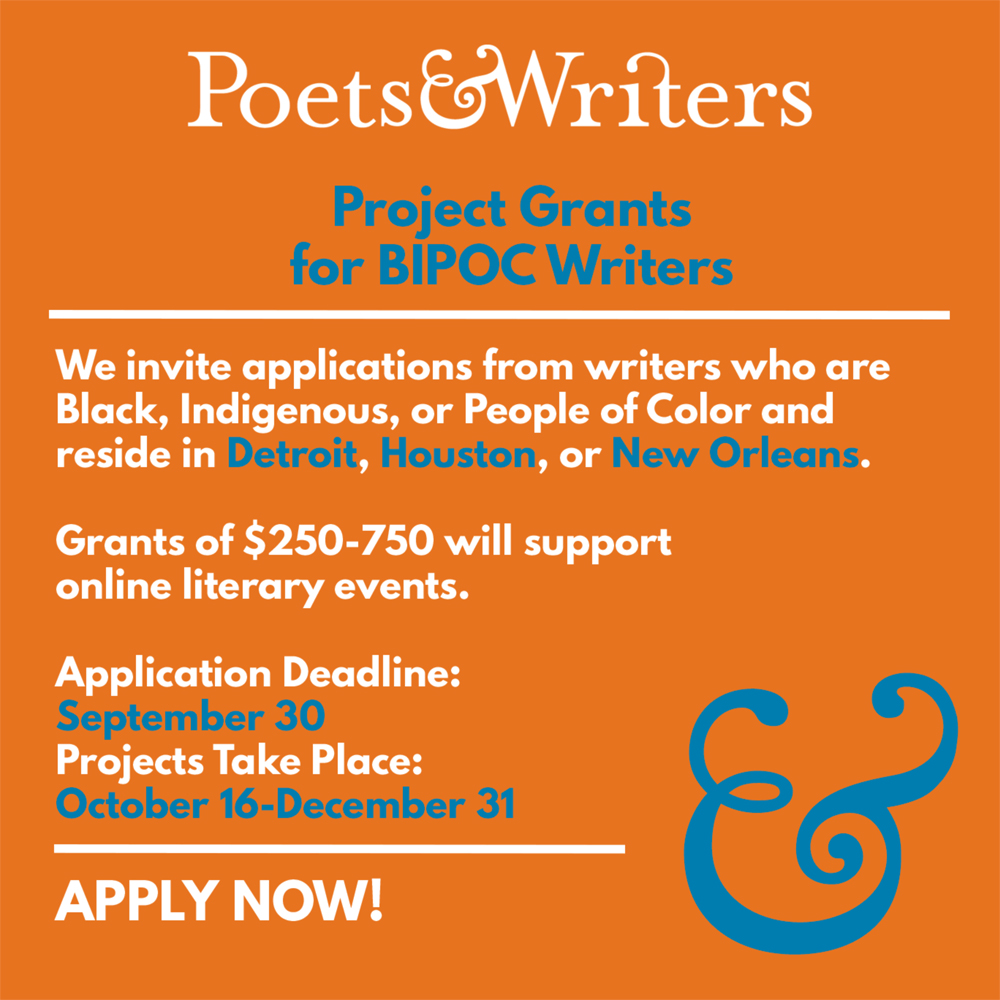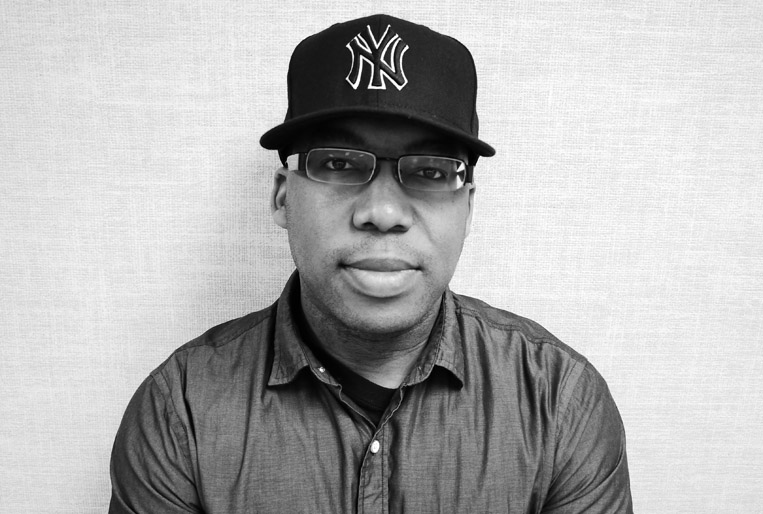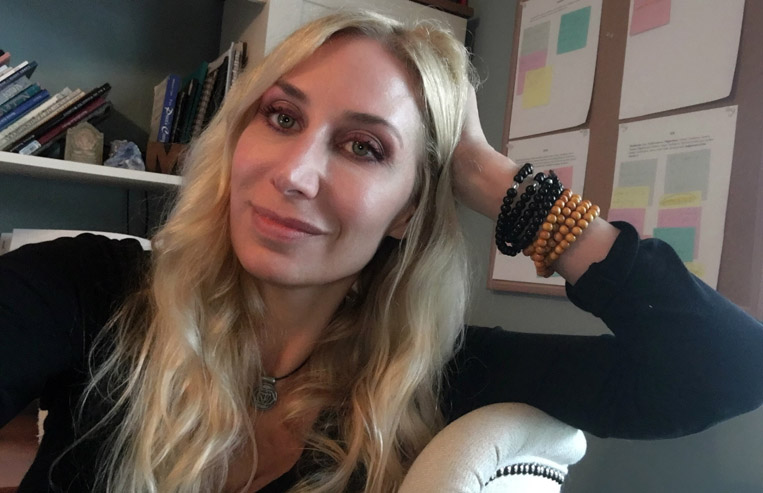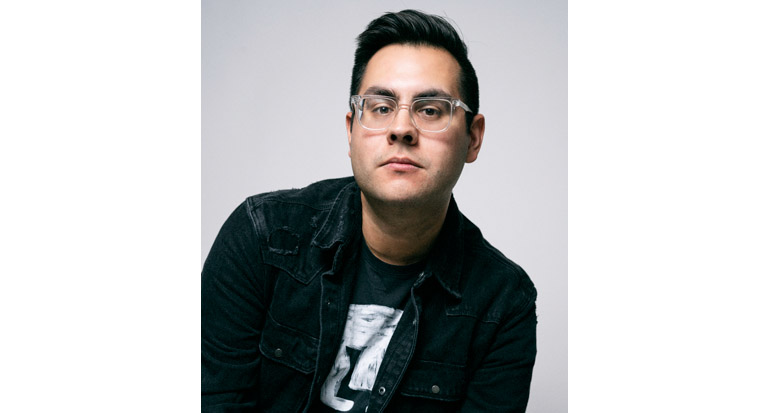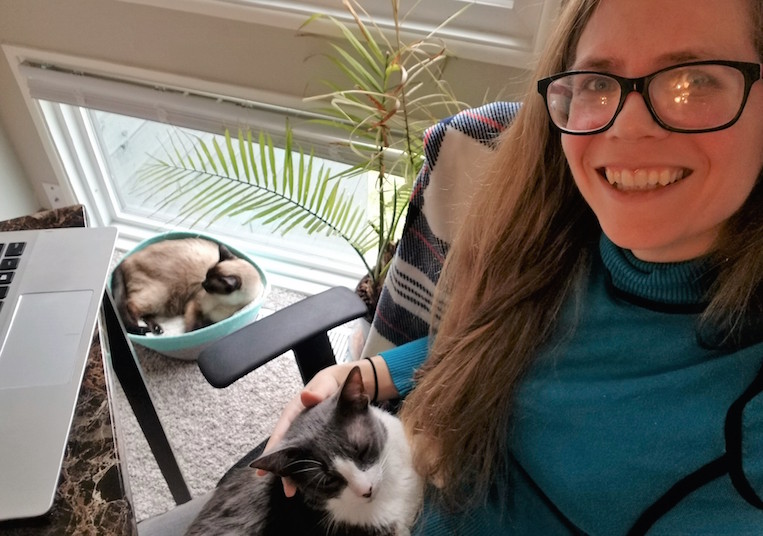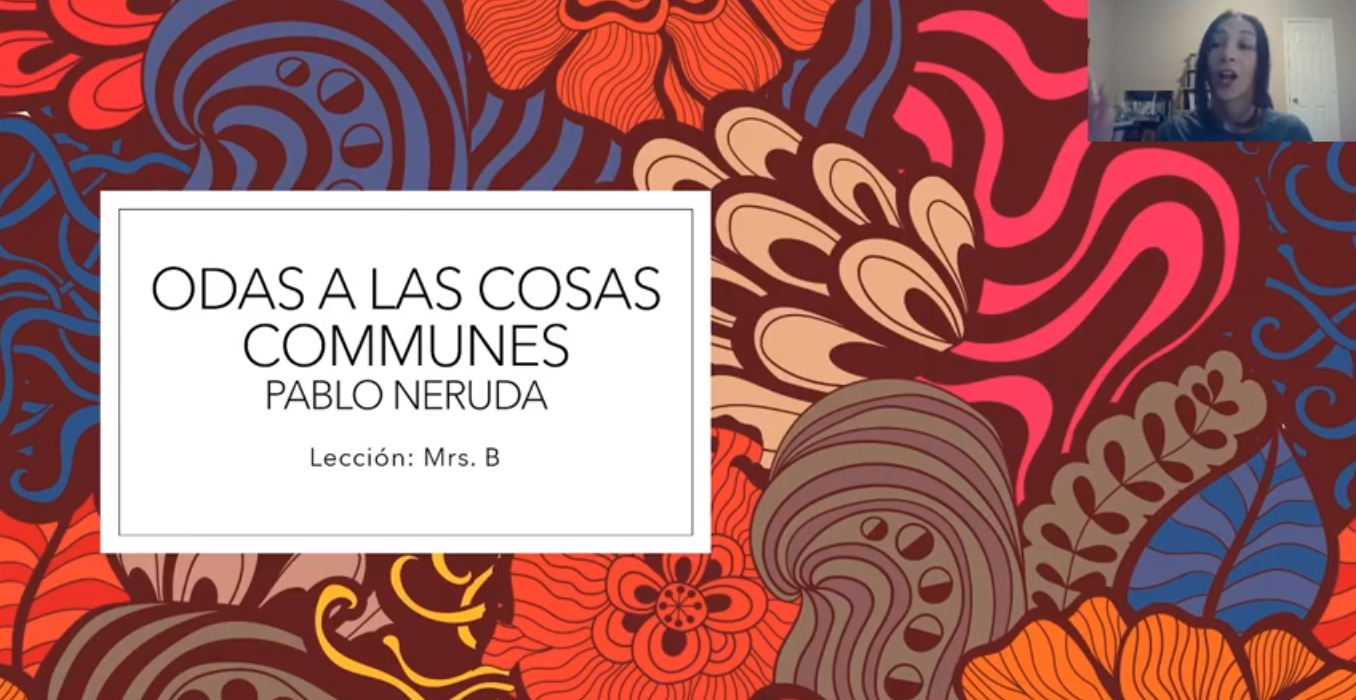Hey mi gente, I will get right to the point. This series of interviews has been enlightening and inspirational these last few months and so what was supposed to be only five entries will now be extended. So far, you have heard from Katherine Hoerth, Daniel Peña, Melissa Studdard, and Jonathan Moody. Although I have answered already, I am in a new place (as I’m sure we all are each day of this pandemic) and will again answer the question I’ve been asking other writers:
What have you been doing since the pandemic started?
“I am adding myself as a double entry for one very brutal reason: I know what the pandemic has cost me. My mother died from complications due to COVID-19 earlier this month on October 1. She died at the age of eighty-six.
What have I been doing since the pandemic started? Trying to do all the things I said I was doing in the last post but more importantly, trying my damnedest to keep my family alive and well. I have to admit, a part of me feels like I have failed. In truth, there are so many feelings about this pandemic and how it has treated my family and many people of color.
I spent the last month or so, from August 25 to the start of October, in such distress. We were dealing/planning for the possibility of two storms in the Gulf of Mexico (my heart and candles are lit for folks in Lake Charles and to Kelly Harris, our literary outreach coordinator in New Orleans, as always staying in “hurricane mode” can wear on you), and my parents telling me they had a cold, which later turned out to be COVID-19. To this day, I don’t know how my father got it. He took care as much as he could (especially in the third most Republican county in Texas, where I have witnessed people not following social distancing measures with full care), but to no avail, my mother caught it.
I have spent time thinking. I have spent time thinking about how COVID-19 affects families. As this double storm was a thing, I think about the last conversation I had with my mother on August 25. I called to convince my folks to come up to Houston after Galveston initiated a voluntary evacuation. My mother told me, “no mijo, we will stay here, I don’t know if I have this thing and if I do, I don’t want to give it to you or Jasminne or mija.” My mom knew my wife is immunocompromised and she couldn’t think of even giving it to her two-year-old granddaughter. So they stayed home. She got worse. She went to the ER. She was treated. It didn’t work and she died.
I have spent time writing. The day we found out that she was being admitted to the hospital, they told us she tested positive. My father and I were stunned. We spent three hours together in a waiting room and so I had to rush to get him tested. He tested positive and we had to quarantine for two weeks. To keep from going crazy, I was posting daily updates on Twitter and on Facebook. I was writing curriculum for my day job. Now that my mother is gone, I have had to take notes about how to transfer information for bills, insurance policies, contact numbers, etc.—all the process of laying someone to rest. I even wrote my mother’s obituary.
I honestly don’t know what else I will do during the pandemic. I mean, I know I will do what I can do to try to stay alive, but so far, all I can really see is managing things one day at a time. I know I will take care of my father who has been shattered at the guilt of infecting his partner of forty-six years (even after I explain how transmission is a community thing) and try my best to find peace for my wife and child.
What am I doing during the pandemic? Trying to find light and pass it on to others, just like my mom taught me to do.”
Lupe Mendez is the literary outreach coordinator for Poets & Writers in Houston. Contact him at Houston@pw.org or on Twitter, @houstonpworg.




